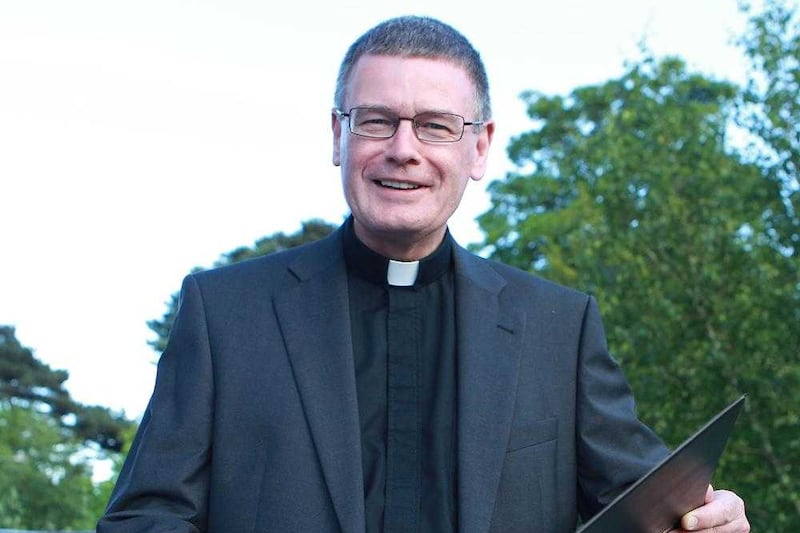The last words of a dying person are remembered and treasured, all the more so if that person is a cherished member of the family, or a very dear friend.
These are words which family and friends yearn to share with others, lovingly repeating them again and again, and they pondered on by those who were not present at the time.
The Church, after the death and resurrection of the Lord Jesus, remembered and pondered on his last words - indeed, on the night before he died, he had specifically asked them to do so.
And so the Church has shared those last words of Jesus with others, handing them down, that generation after generation may lovingly ponder on them.
Each time we gather in our local parish church to celebrate the Eucharist, there is a sense in which we are not there at all, but, in a mysterious way, present in that supper room in Jerusalem.
There, with the Apostles, we are, once more, gathered around Jesus, listening to his words.
But his words are not merely those of a man about to die, they are much more! The human voice of Christ Jesus speaks of divine realities, for his words are solemn words, words with the power to transform lives, for they are the word of God.
And this word of his is an amazing word of love, symbolised by the crucifix above the altar, "for this is my body...given up for you...my blood poured out for you...for the forgiveness of sins.
This love Jesus continues to pour out upon us through the Eucharist which is the memorial of his total self-giving love on the cross. By the Eucharist he gives us his love as "real food...real drink" (Jn.6:55), that we may absorb his love into the very fibre of our being, into every aspect of our existence.
In that solemn setting of the Last Supper Jesus gave his followers, that is, you and me, a new commandment. He said, "Love one another".
How familiar we are with these words - perhaps even to the extent of being weary of them? But these words, spoken to us as individuals and as a community, are the very heart and soul of Jesus' teaching.
What, then, is Jesus is asking of us? Sometimes we hear it said, "I am a good Christian, I do no one any harm!" But this is not what Jesus means by his new commandment. As we hear those words, "Love one another" we must glance up at the crucifix, for there we see the full meaning of the new commandment: "Just as I have loved you, you must also love one another." We are not only to love others as we love ourselves, but to love them as Jesus loves them.
Perhaps you still find the word `love' off-putting? It is true that it is a word which is greatly misused; it is commonly misunderstood as mere sentimentality. So here is something to remember: the Bible thinks of love as doing good. St. Peter speaks of Jesus as going "about doing good". (Acts 10:38)
If we understand to love as doing good we see the commandment of Jesus in a whole new way: "I give you a new commandment: do good to one another; just as I have done good to you, you must also do good to one another."
There is nothing passive about Christian love, it is filled with the active desire to do good for others; it is marked by simple acts of loving service and caring, never judging or condemning but forgiving.
St Ignatius of Loyola said "love is shown more by deeds than words" - it is ever ready to be of assistance, or as Jean Vanier, founder of the L'Arche Community, says, "to love someone is to show them their beauty, their worth and their importance".
The Gospel reminds us that if God sees and loves in each of us what he sees and loves in Jesus, then we must strive to see the goodness of Jesus in each other.
Listen again to the words of Jesus: "I give you a new commandment: love one another; just as I loved you, you must also love one another."
St. Paul, in his first letter to the Corinthians gives us this moving reflection on the Lord's new commandment: “Love is patient, love is kind; love is not jealous or boastful; it is not arrogant or rude. Love does not insist on its own way, it is not irritable or resentful; it does not rejoice at wrong, but rejoices in the right. Love bears all things, believes all things, hopes all things, endures all things. Love does not fail.” (ICor.13:4-7)
:: Taken from a homily by Fr Edward O'Donnell, parish priest of St Brigid's in Belfast.








